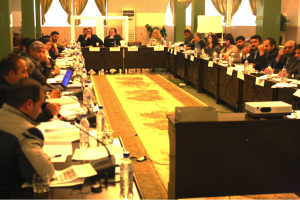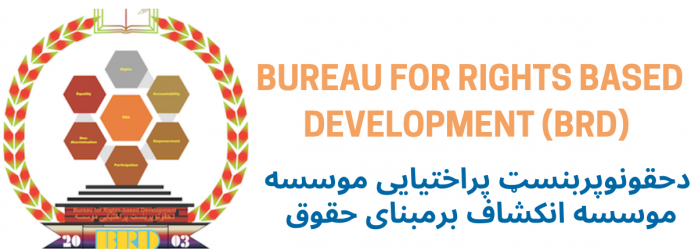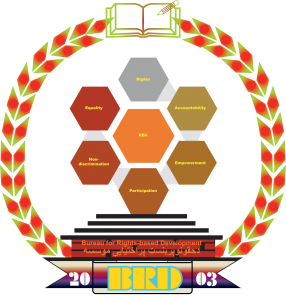
The main issue facing post conflict societies is how to construct a politically stable and democratic state, a state that has the institutions and legitimacy to remain viable in the long run. In Afghanistan, over two decades of civil conflict were brought to an end in December 2001 with the Bonn Agreement. This agreement laid the framework for building a functioning and democratic government.

BRD Elections Workshop
16 years later, democracy in Afghanistan is at a critical juncture. Significant progress has been made in some areas but it is threatened by the failure of central government institutions to deliver the basic services of a functioning state. Weak institutions have led to a deterioration of security and have undermined the process of state building. The creation of institutions is being pushed by international donors keen to adhere to a timetable, without ensuring that these institutions have the financial, human, and physical resources to function effectively. Unless the donor community as well as the Afghan state to ensure the quality of the institutions undertakes concerted and coordinated actions, the democratic state-building effort in Afghanistan will be derailed.
There is increasing recognition that citizen involvement is critical for enhancing democratic governance, improving service delivery, and fostering empowerment. “Good Governance” (GG) refers to the ability of citizens, civil society organizations and other non-state actors to hold the state accountable and make it responsive to their needs.
Good Governance encompasses initiatives that focus on citizens as the ultimate stakeholders and include activities relating to – information disclosure, demystification and dissemination; beneficiary/user participation and consultation; complaints handling; and independent and/or participatory monitoring. The program aim aims to strengthen the capacity of CSOs, the media, local communities, and the private sector to hold authorities accountable for better development results.Accountability can be both an end in itself — representing democratic values — and a means towards the development of more efficient and effective organizations. Politicians and public servants are given enormous power through the laws and regulations they implement, resources they control and the organizations they manage. Accountability is a key way to ensure that this power is used appropriately and in accordance with the public interest.
Along with the Government and private sector, civil society is an important and legitimate actor in peace-building and democratization. Strong civil-society institutions, interacting with the state, can create innovative solutions to complex social and economic problems. A vibrant and diverse civil society can also provide an atmosphere of accessibility so that poor and marginalized people are able to participate in their own social, economic, cultural, and political development. To promote democracy and as part of the nation building process, it is necessary to support the building and strengthening of civil society organizations at the grass roots level.
BRD believes that civil society has to be educated and trained to function effectively. Their awareness of their role in bridging between people and government, promoting good governance and accountability, gender equality, peace building and the promotion and protection of human rights has to be raised. Their skills and knowledge to implement development projects have to be enhanced.
Through the programs, BRD aims to promote the building of effective, responsive and capable institutions, and to develop decision makers that are transparent, inclusive, and accountable to the people who are affected from their decisions, from service delivery to elections to the participation of women and the poor.
Key Interventions
| Project Title | Main Activities | Location (Region/Province) |
| Demanding Accountability from Local Governance |
|
5 Regions (North, North East, Central, East and South East Regions) in Afghanistan |
| Good Governance Training Program |
|
North East ( Balkh, Juzjan, Saripul) Western (Nemroze and Farah |
| Gender Responsive Governance |
|
Wardak, Ghazni, Bamyan |
| Afghan US Justice and Public Administration Fellowship Program |
|
National |
| Good Governance, Anti-Corruption and Election Process for Election Commission, Afghan Independent Human Rights Commission and Civil Society |
|
National |
| Capacity Building of Center of Government |
|
Kabul |
| Anti Corruption and Conflict Management Training for Civil Society and Public Administration |
|












